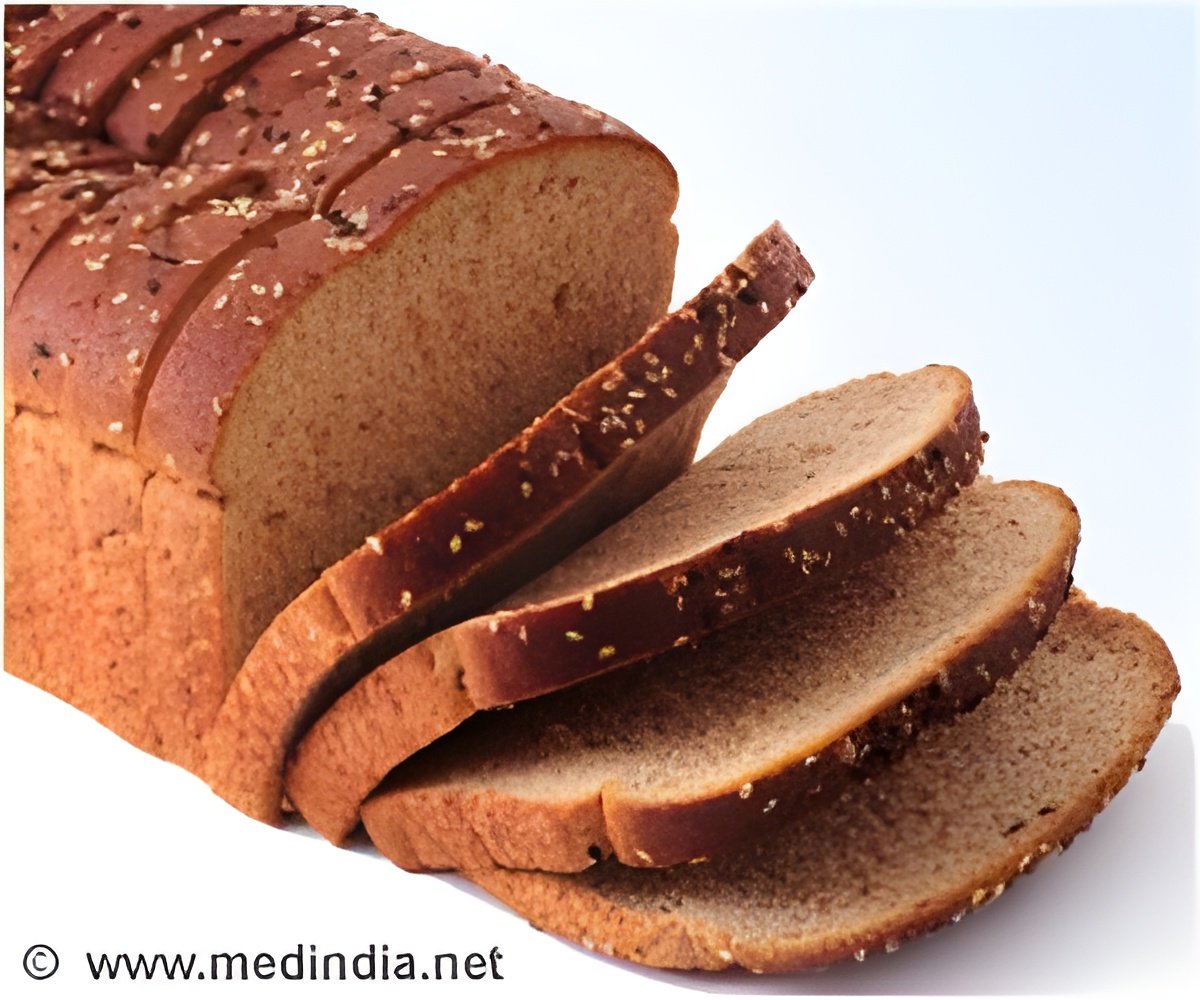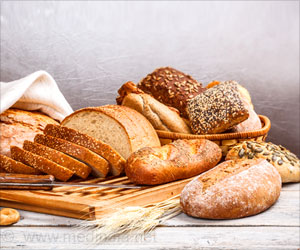Breads, rolls and tortillas and cereals are meaningful contributors of several nutrients, including dietary fiber, thiamin, folate, iron, zinc and niacin.

‘To combat the trend of falling bread consumption, commercial bread bakers have been looking to formulate and market a healthier bread. In that quest, they’re using bread buzzwords such as “stoneground,” “gluten-free,” and “whole wheat.”’





All grain foods contributed less than 15 percent of all calories in the total diet, while delivering greater than 20 percent of three shortfall nutrients - dietary fiber, folate and iron, and greater than 10 percent of calcium, magnesium and vitamin A. It also found that grain foods fill critical nutrient gaps. All grain foods collectively are nutrient-rich and are sources for several shortfall nutrients and nutrients of public health concern. This includes dietary fiber, folate, magnesium, calcium, and iron. Explicitly, breads, rolls and tortillas and ready-to-eat cereals are meaningful contributors of dietary fiber, thiamin, folate, iron, zinc and niacin to the American diet of adults. "These data show that grain foods are the foods we love that love us back - finally, we can enjoy bread again," said co-author Yanni Papanikolaou. "The nutrient contribution of all whole and refined grain food products, including breads, rolls and tortillas and ready-to-eat cereals, can play a key role in helping American adults meet recommendations for under-consumed nutrients and nutrients of public health concern." "We all know that The Dietary Guidelines recommend consuming half of our grains as whole grains," Papanikolaou continued, "but refined, enriched grains, including breads, rolls, cooked and ready-to-eat cereals also can provide meaningful contributions to the diet of all Americans. So, there is no need to eliminate these from you diet." To conduct the study, more than 10,000 dietary surveys from adults over the age of 19 were collected by the National Center for Health Statistics of the Centers for Disease Control and Prevention (CDC). This is a nationally representative survey of adults. The surveys asked people to recall what they had eaten in the past 24 hours.
Data were analyzed for men and women, and looked at the consumption of all grains and various sub-categories (such as bread, rolls, tortillas, ready-to-eat cereals, cooked grains, quick breads and sweet bakery products). They also looked at the contribution of these products to vitamins, minerals, and dietary fiber. The researchers were especially interested in how grains contribute to under-consumed, or shortfall nutrients. These include fiber, folate, magnesium, calcium, and iron. There is similar good grain news for kids. The current adult data are aligned with results found from data published earlier this year in the same journal, Nutrients, for children and adolescents. Specifically, for kids 2-18 years-old, all grain products contributed only 14 percent of calories a day to the diet. Similar analyses found that grain foods were meaningful contributors of nutrient density in the American diet of children and adolescents throughout the various age groups examined.
The data also showed breads, rolls and tortillas and ready-to-eat cereals to be meaningful contributors of several nutrients, including dietary fiber, thiamin, folate, iron, zinc and niacin to children and adolescents. The study appears in the journal Nutrients.
Source-ANI









